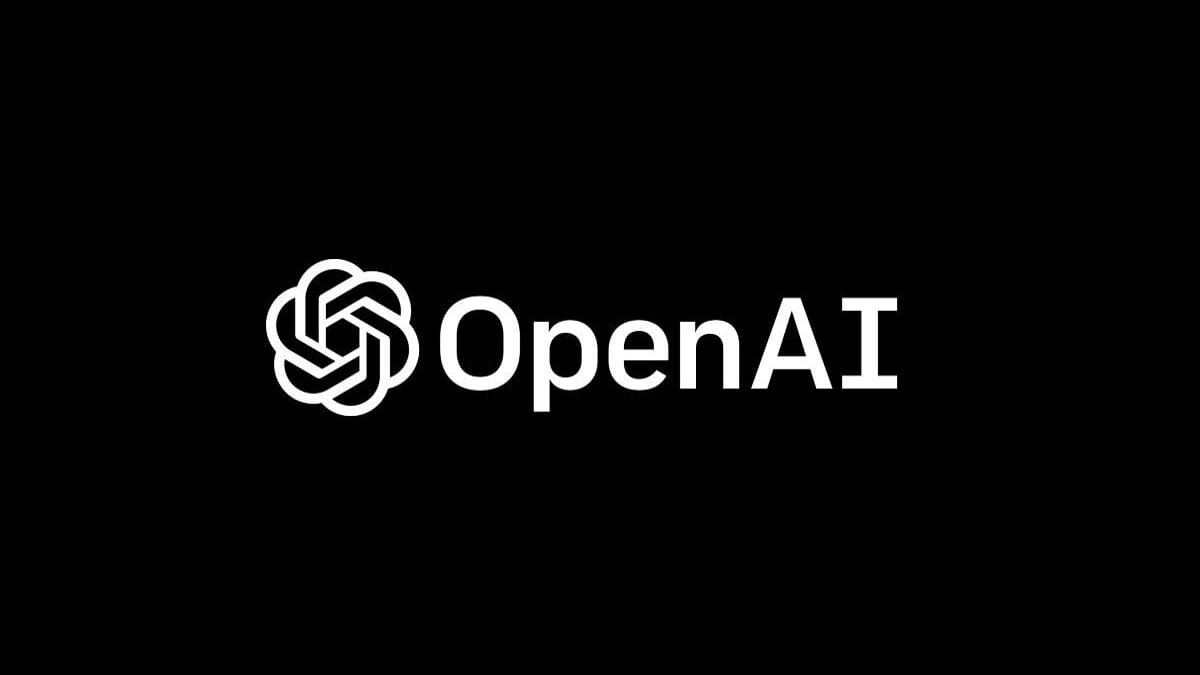A recent Reuters/Ipsos poll indicates that the majority of Americans have concerns about the impact of artificial intelligence (AI) technology on humanity’s future. Over two-thirds of respondents expressed anxiety regarding the potential adverse effects of AI, with 61 percent viewing it as a threat to civilization.
The poll aligns with the growing use of AI in education, government, medicine, and business. OpenAI’s ChatGPT, the fastest-growing software application ever, has contributed to this expansion and sparked competition among tech giants like Microsoft and Google.
Recent events, such as the “AI pause” letter and Geoffery Hinton’s resignation from Google, have heightened public concerns. OpenAI CEO Sam Altman testified before Congress, urging regulation. Critics argue this could help OpenAI maintain its lead and suppress competition.
Lawmakers, such as Senator Cory Booker, acknowledge the global surge in AI and share these concerns. Booker noted, “There’s no way to put this genie in the bottle. Globally, this is exploding,” according to Reuters.
The poll reveals a significant gap between fears and optimism surrounding AI. Americans are more inclined to believe in the potential risks, with three times as many respondents foreseeing adverse outcomes compared to those who don’t. Reuters reports that 61% of respondents perceive AI as a threat to humanity, while only 22% disagreed, and 17% remained unsure.
The survey also highlights a political divide, with 70% of Donald Trump voters expressing greater concern about AI, compared to 60% of Joe Biden voters. Among religious groups, evangelical Christians are more likely to strongly agree (32%) that AI poses risks to human civilization, compared to non-evangelical Christians (24%).
Landon Klein of the Future of Life Institute stresses the importance of addressing the negative impacts of AI, comparing the situation to the dawn of the nuclear age.
However, other AI researchers, including Timnit Gebru, Emily M. Bender, and Margaret Mitchell, argue that concerns about an AI-powered apocalypse are misguided. They advocate for transparency, accountability, and preventing exploitative labor practices.
The term “AI” can be ambiguous and vary in meaning for different people. Many Americans now use AI and software tools that were once considered “AI” without much awareness. It is unclear whether the Reuters/Ipsos poll addressed this distinction among respondents. Detailed information regarding the poll methodology and raw results was not available at the time of reporting.
In response to these findings, Ion Stoica, a UC Berkeley professor and co-founder of AI company Anyscale, highlighted the potential contradiction. Stoica pointed out that Americans may not fully grasp the extent to which AI is already pervasive in their daily lives, both at home and in the workplace.






